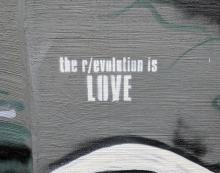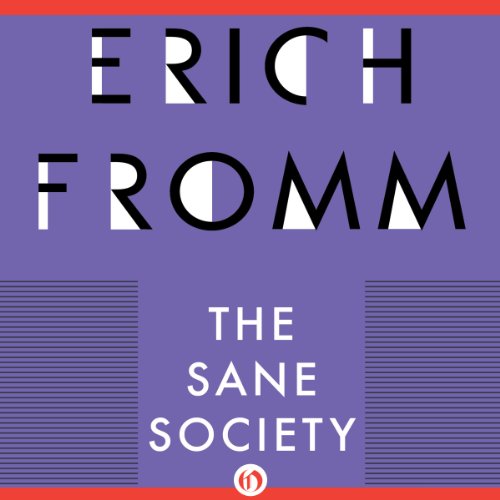Revolution is the political part of E.A.R.T.H. In this introduction, I try to outline where we are at politically, what progress has been made, what is yet to come and how we might help get there.
A fairly middle of the road environmental party of which I am a member, the Australian Greens, is often labelled extreme by conservative opponents. This is a discussion of what it means to be labelled extreme.
A friend was publishing The Equal Standard magazine as part of her Phd, and asked for submissions on the topic of Extremism. I did two versions and this is the one which got published.
Saviour or distraction?
Should we give everyone in society money to live a more comfortable life? A lot of people think so but is it sensible, feasible? Will it achieve the goals its proponents hope for. What other effects might it have? This is a discussion of the Universal Basic Income which I hope makes some contribution to these questions.
I wanted to write an explanation of why I thought anarchism was the only philosophy capable of taking us into the future. It ended up being more of an extended mind dump, so forgive me for that, but I hope you find something interesting in it. Caveat lector!
A long stream of consciousness I wrote in my twenties at the point I started to become who I am today. I've changed since then, and I've written better things since then, but the direction of my ethics as expressed in this article hasn't changed too much.
An email was sent to an environment collective I was part of asking how it is that the conservatives so easily won the 2004 Australian federal election when they were so clearly morally bankrupt? This is my vitriolic answer.
We cannot remove the evils of capitalism without taking its source of power: ownership
Modern psychology evaluates an individuals sanity by their relationship to our society, are they successful socially, materially? With suicide and depression rates rising fastest in the very societies with the greatest access to modern psychological medicine, is reconciling an individual to our society really the path of sanity? The question...

